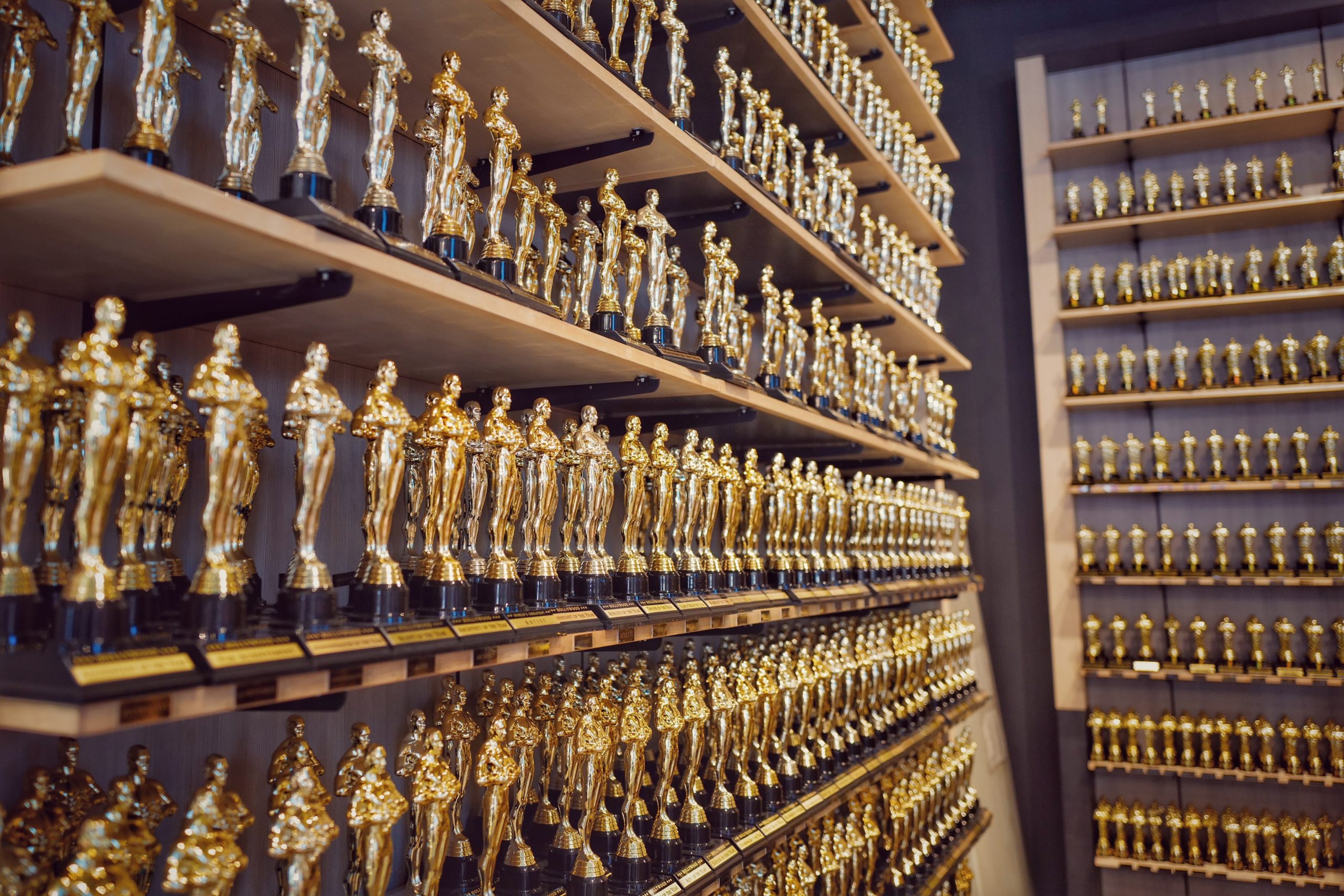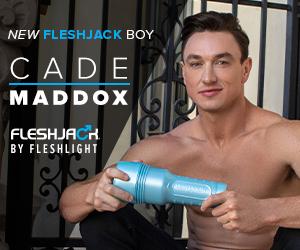Welcome to Gay Gold, our regular look at gay characters, storylines, and performers that were (or weren’t) embraced by the Oscars.
I don’t expect the Oscars to give me everything, OK? I accept that Bette Midler’s perfect performance in Big Business was doomed to be overlooked, and while my avatar on this very site demonstrates my affection for Sally Field’s career-best work in Steel Magnolias, I don’t feel personally affronted that she was denied a Best Actress nomination for that film. There are always so many factors at play that it’s almost impossible to parse what keeps someone off the ballot.
But the 1997 Oscars — meaning the awards given for films that were released in 1997 — aren’t nearly so ambiguous. That year’s Best Supporting Actor race feels like a pointed attack on gay excellence, and almost 25 years later, I’m still mad about it.
Travel with me to the past and remember the summer of that year, when My Best Friend’s Wedding was a blockbuster comedy that not only revived Julia Roberts’ career after a series of awkward flops, but also made Rupert Everett a star. He was already a respected actor, especially in his native England, but his performance as George Downes, gay bestie to Roberts’ character Jules, was a major breakthrough. He made George funny, charming, and sexy. More importantly, he made him powerful. Every time he’s on screen, he gleefully upends the movie’s hetero conventions, whether he’s pretending to be Jules’ fiancé or imagining the glorious lives they’ll live once all the straight men they know are out of the picture. In a role that could’ve easily been reduced to the “supportive friend” archetype, Everett instead became the anarchic heart of the whole film.
Rupert Everett Calls Social Media Users ‘Invisible Cauldron of Hags’
And better yet, he was out of the closet when he made the movie. It was a rare and refreshing treat for a gay man to succeed by playing gay.
For a while there, it seemed like he could ride that wave all the way to Oscar night. Along with excellent reviews, his performance earned him Golden Globe and BAFTA nominations, so the buzz was high. He was perfectly positioned to follow Jaye Davidson in The Crying Game as the second-ever openly gay actor to get an Oscar nomination for playing a queer character.
Straight Star of New Movie ‘Monsoon’ Henry Golding Says Playing Gay Is a ‘Huge Responsibility’
Except it didn’t happen. That would’ve been disappointing on its own, but Everett’s omission felt actually insulting because Greg Kinnear did get a nomination for playing Simon Bishop in As Good As It Gets.
In case you’ve forgotten (and good for you!), As Good As It Gets was yet another blockbuster romantic comedy, and just like My Best Friend’s Wedding, it featured a gay character in a major supporting role. Only this time, the gay character was depicted as a pathetic, self-loathing victim. In early scenes we’re supposed to laugh as Jack Nicholson’s “hilarious” asshole character, Melvin, makes a stream of homophobic jokes to Simon’s face. The joke is that gay people are gross and that good ole Melvin is a heroic everyman who finally says what we’re all thinking.
Simon, meanwhile, just silently takes the abuse. And then he gets assaulted by a trick he brings home. And after that, his noble suffering helps Melvin realize that — hey, wait! — gay guys are people too. There’s a nauseating moment at the end of the film where Melvin says that if he were into guys, he’d totally be into Simon. Um… keep your compliments to yourself, fuckwad.
So anyway, while George is certainly playing second fiddle to the straights in his movie, he’s at least not a passive receptacle for disdain, violence, and pity. By giving Kinnear an Oscar nomination instead of Everett, the Academy voters essentially announced they preferred their homosexual characters weak and dependent on the largesse of old straight dudes.
They also reminded us that they prefer their homosexuals to be played by straight performers. Greg Kinnear is a good actor, but nominating him over Everett sent a message that Hollywood’s tolerance only goes so far. The industry would much rather see straight folks put on pinkface than see queer people bring their real-life experience to a queer role.
Why James Corden Was a Huge Casting Mistake for ‘The Prom’
And sure, sure: Actors should be able to play anything. I do agree, for the most part, and maybe I’d feel more flexible about this issue if gay people ever got Oscar nominations for playing gay roles. But in all of Oscar history, Jaye Davidson and Ian McKellen (who was nominated for playing gay filmmaker James Whale in 1998’s Gods and Monsters) are the only queer actors to get nominated for playing queer characters in any category. Meanwhile, since McKellen’s nod, there have been 38 queer characters that earned Oscar nominations for the straight actors who played them.
It’s just so frustrating! And it’s not like an Oscar nomination for Rupert Everett would’ve solved all this by itself, but it couldn’t have hurt. And I’d much prefer an award history that features a character like George.
Get real time update about this post category directly on your device, subscribe now.




